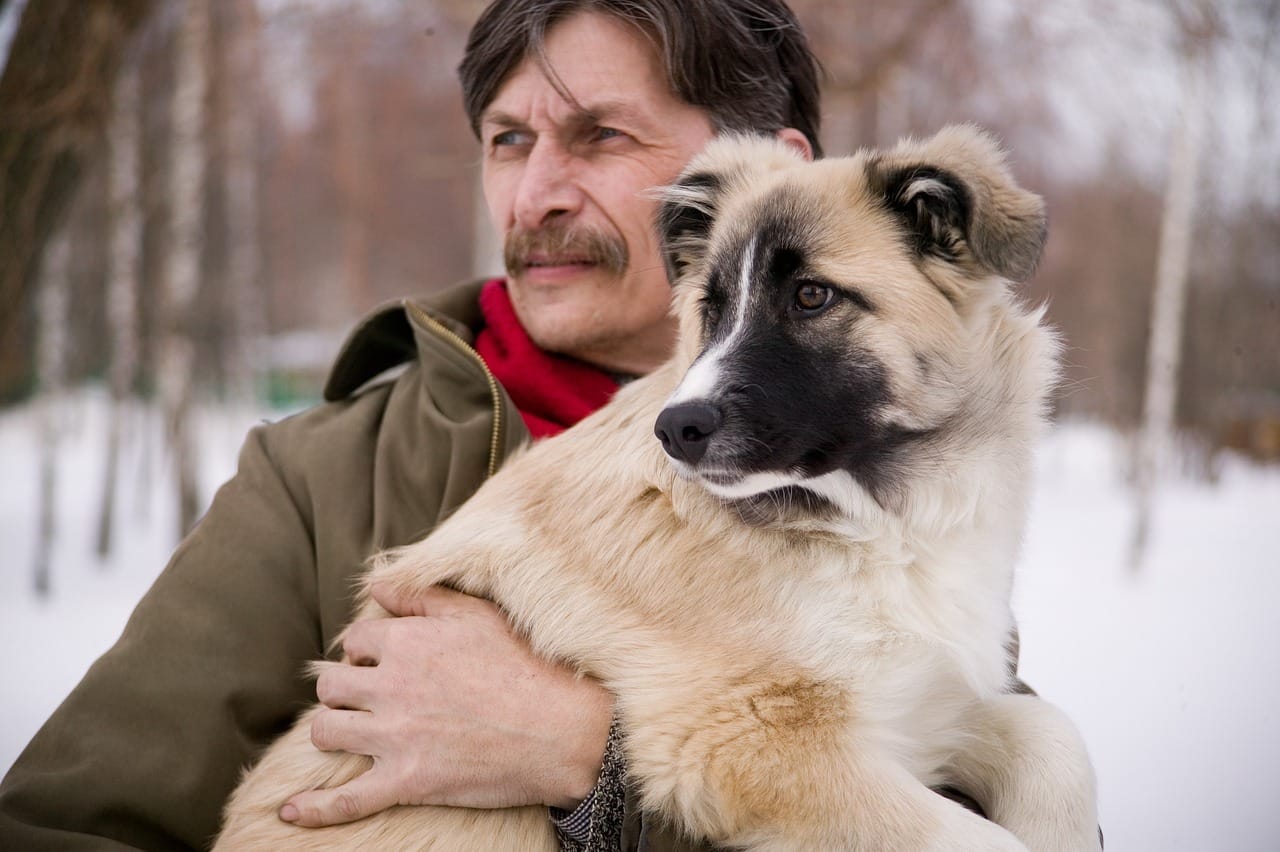
Once your puppy reaches three months old, at some point during the three months following, he will lose some of his clinginess and become more independent.
This emerging independence is all part and parcel of growing up. Dogs vary widely in temperament, even between individuals of the same breed, and your dog’s behavior as he develops will depend partly on the qualities he has inherited and partly on how you manage him.
Table of Contents
The exploring puppy
By four or five months of age, most well-socialised puppies are becoming bolder and exploring further away from their owners when taken outdoors. There are so many new experiences to be had, and the increasingly confident puppy wants to have them all.
Time outdoors
By now, you are probably taking your puppy for short walks. Twenty to twenty-five minutes a day is plenty at this point. A fifteen-minute walk in the morning and a ten-minute walk in the evening would be sufficient for a five-month-old puppy.
Many people look back on this time with their puppy with great pleasure, for on the horizon, trouble looms.
Avoiding future problems
Fully independent dogs can cause significant stress and worry for their owners if the right foundations for training and managing the dog are not laid down during this phase of emerging independence.
Far too many dog owners have effectively lost control of their dog before he reaches his first birthday. Some basic training and sensible management strategies can avoid a lot of heartache in the coming months.
These early walks are an excellent opportunity to establish an essential habit in your dog.
The habit of ‘keeping an eye’ on you.
The hunting instinct
Dogs are descended from some of the most efficient predators on the planet. Many dogs today are still born equipped with all the instincts and skills to hunt down, catch, and kill their dinner.
Many dog owners are horrified the first time their dog catches and kills a rabbit, but this is what dogs do. They are, first and foremost, hunters.
Fortunately, because dogs are also highly social and, for the most part, like to cooperate with people, you can influence your dog’s behavior to prevent every walk from becoming a hunting expedition in which he takes the lead.
You must be proactive in this respect, for the further your dog goes from you, the harder it is to control him. And the more likely he is to get into trouble.
Changing direction
If your dog begins to take the lead on all your walks, you must teach him to keep an eye on you. People are often very predictable on walks. They plod along in the same old direction every day. The dog quickly believes that his owner is both tedious and easy to find. This gives him the confidence to explore ever further afield.
Try to avoid walking for long periods in one direction. Be less predictable. Walk one way for a while, then turn about and walk the other. Call your puppy back very frequently. Reward him often at first, then less often and randomly. Give him an occasional colossal reward. Make rewards unpredictable so that he never knows when he will ‘hit the jackpot.’ Read up on tips to get the best out of your training efforts.
Training and activities
This phase of emerging independence is the time to focus on training your dog. I think you should consider joining some training classes. You can find information about dog trainers on the APDT website, or if you have a gundog, on the Gundog Club website.
Once your dog is six months old, you can join in with many activities. You will find information about these in ‘Ten Things You Can Do with a Dog.’








Comments (3)
Caseysays:
21/08/2023 at 16:13What are some examples of training and management strategies that can prevent future problems with an independent dog?
Evanssays:
28/08/2023 at 13:22Can you provide tips on how to properly manage a puppy during its phase of emerging independence?
Shaysays:
26/09/2023 at 23:26What are some tips for teaching a puppy to become more independent?